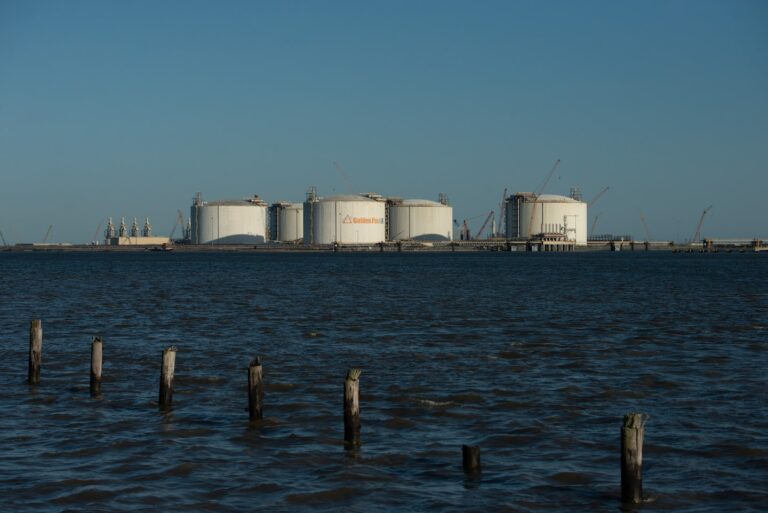The decision is the latest example of how the judiciary is increasingly restricting President Biden’s climate goals, at the behest of his conservative opponents and the business community. Last week, the Supreme Court’s conservative supermajority issued two decisions that dramatically limited the power of federal agencies to address climate change, air pollution and other pressing environmental issues.
In January, the White House announced that the Department of Energy would temporarily stop approving new liquefied natural gas (LNG) projects while it studied their impacts on climate change, the economy, and national security. The presidential directive was set to delay approval of nearly a dozen LNG projects until after the November election.
The pause had no effect on LNG projects already approved or under construction. But Republican attorneys general from all 16 states argued that the White House illegally circumvented the regulatory process to grant the pause, which they said would devastate their fossil-fuel-dependent economies.
Louisiana Attorney General Liz Murrill (R) hailed the ruling Monday, calling it “a major victory for American energy.”
“As Judge Cain noted in his decision, approximately $61 billion in pending infrastructure is at risk from this illegal pause in our state,” Murrill said in a statement. “LNG has a tremendous, positive impact on Louisiana, providing clean energy to the world and creating good jobs right here at home.”
Charisma Troiano, a spokeswoman for the Energy Department, said in an email that the agency “does not agree with today’s decision. The department continues to review the court order and evaluate next steps.”
The move means the Energy Department must resume reviewing permit applications for new LNG export projects. But it’s unclear how quickly the agency will act; the Natural Gas Act says only that the department must determine “promptly” whether such projects are “in the public interest.”
U.S. LNG exports have doubled over the past four years. Projects already approved and under construction are expected to double U.S. LNG export capacity again over the next four years. Nearly all of these projects are located along the Gulf Coast, primarily in an industrial region spanning Louisiana and Texas that is already home to many petrochemical plants.
Roishetta Ozane, founder of the Vessel Project of Louisiana, an environmental justice group, said the decision could mean poor and minority communities along the Gulf Coast will face more contamination.
“If they continue to approve these projects, it will mean more pollution in our communities,” Ozane said in an interview Monday.
Environmentalists criticized Cain’s decision, which last year ruled in favor of Louisiana and the fossil fuel industry in a dispute over offshore oil and gas leasing in the Gulf of Mexico.
“It’s no surprise that a Trump judge would bend the law to give the oil industry a victory,” Craig Segall, vice president of the climate advocacy group Evergreen Action, said in a statement. “… Big corporate polluters shopped around for a Trump appointee who would accept their short-term, profit-driven vision, who would advance their fossil fuel agenda without regard for their impact on communities, the climate, or domestic energy prices.”
White House spokespeople did not immediately respond to a request for comment.


